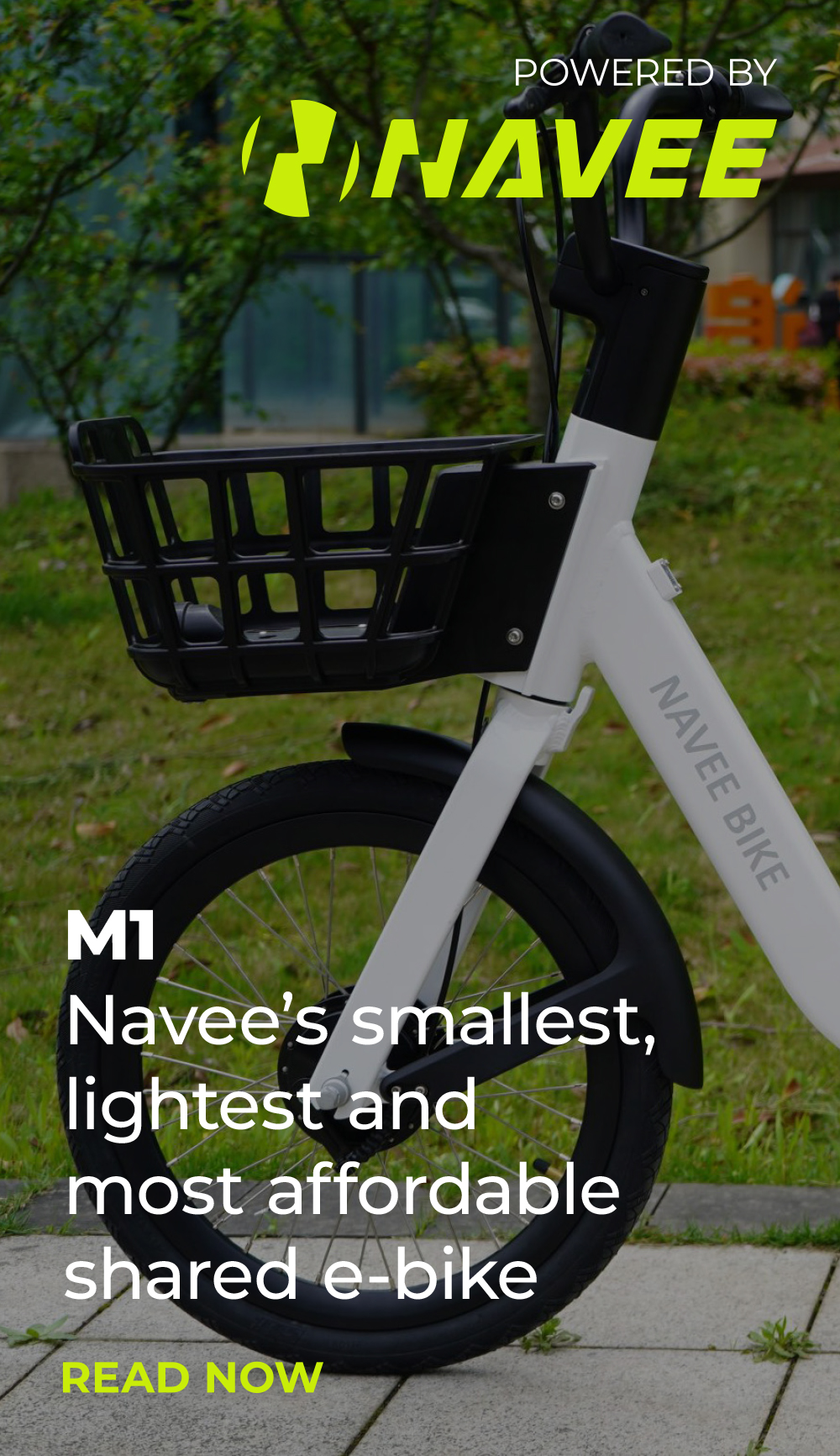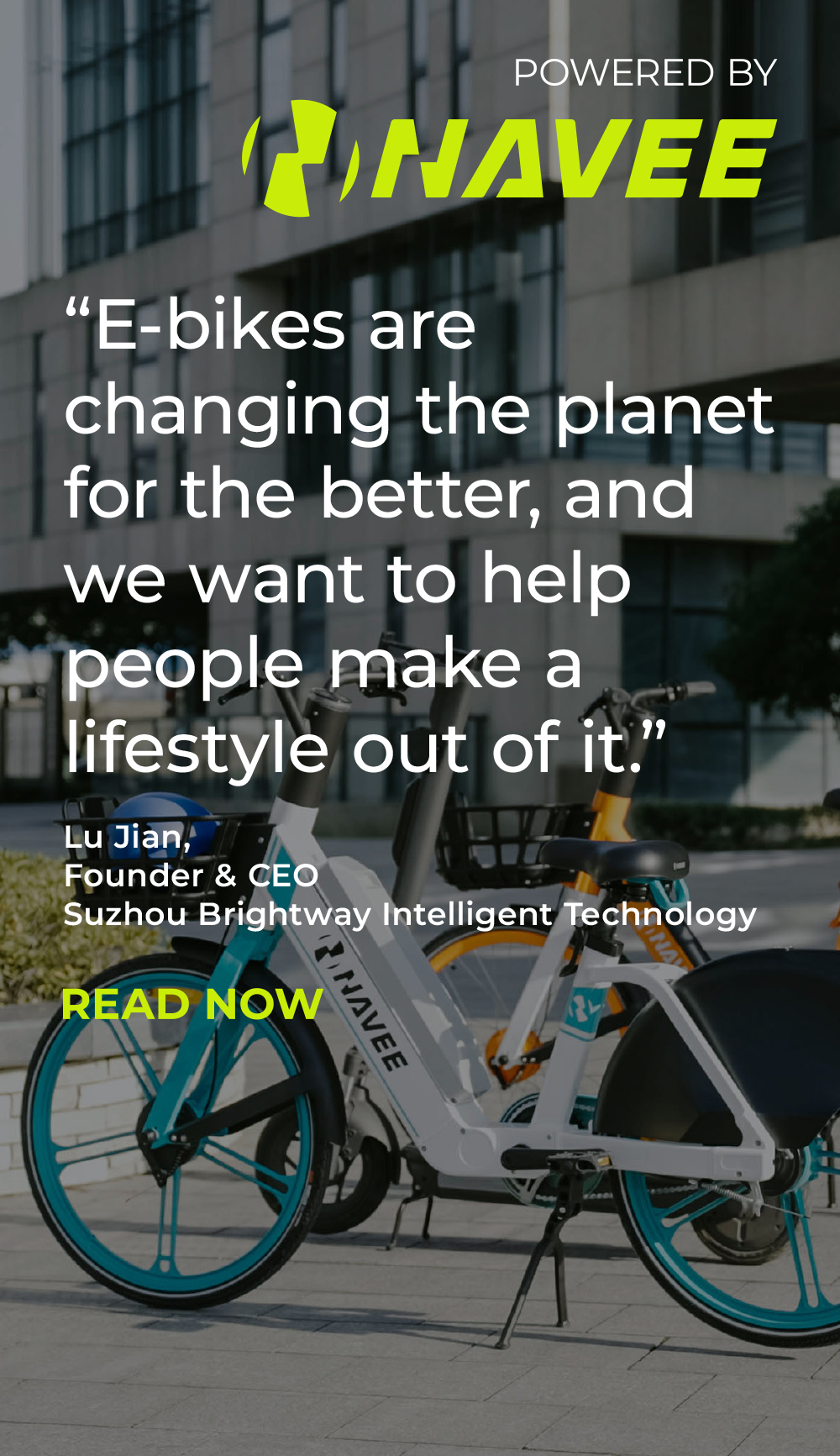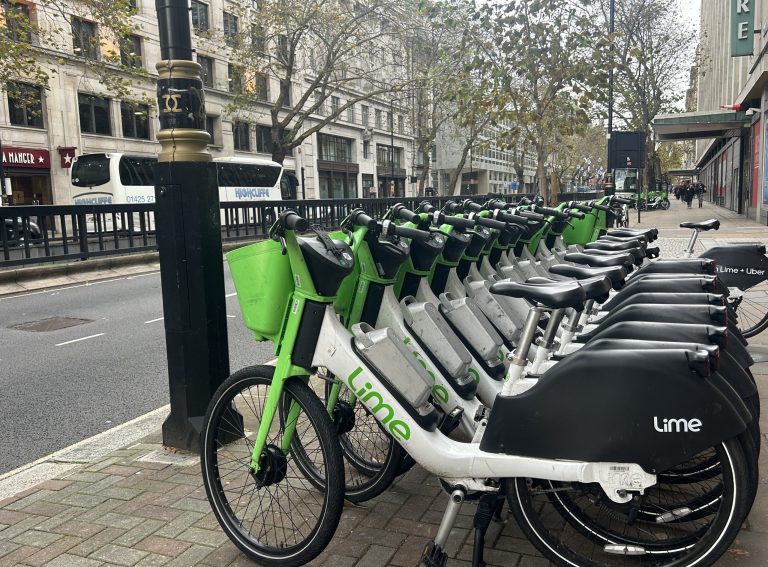Nottingham is one of nearly 50 urban areas in the UK taking part in the shared e-scooter trials, but the city has long been one to watch.
Its fleet of around 500 e-scooters is only the country’s 14th biggest, but its usage rates have long been very impressive – the mid-size fleet saw just under one million journeys in its first year.
In December, following the acquisition of Wind UK by the US micromobility firm Superpedestrian, the fleet was replaced by LINK e-scooters and since then numbers have continued to impress, even in the traditionally difficult winter season.
In January, the first full month of Superpedestrian operations, the total trip numbers have trebled compared with the same month last year, from 720 journeys per day to 2,100 – a total of 65,000 trips, covering 91,745 miles in total. This is partly due to the fleet itself being twice as large, allowing for easier discovery of the vehicles, but even allowing for that, each e-scooter in the new, LINK fleet is making 60 per cent more trips than the individual scooters in the previous, smaller fleet were making a year back.
Zag Daily data analysis suggests an average daily maximum fleet size of 422 e-scooters was available on the streets of Nottingham in January. This suggests each e-scooter was being used five times a day during that month – this compares extremely favourably with London’s shared e-scooters which are being used less than once a day on average across a similar period.
By some measures this makes Nottingham the most popular shared fleet across all the UK trials, potentially edging ahead of Beryl in Bournemouth, and Neuron in Newcastle, the other extremely popular trial UK fleets. The utilisation rates will likely only increase as the summer months approach.
The company estimates this resulted in approximately 27,500 miles of short car trips in Nottingham being replaced with e-scooter rides in January, with Superpedestrian’s data, based on rider surveys, suggesting 30 per cent of Nottingham hires are directly replacing a car journey.
Mode shift has long been a key metric of the UK trials and while it is hard to measure, the success of e-scooters in some heavily car focused cities is encouraging. Nottingham has relatively good public transport provision in its centre and some suburbs, however the Nottingham e-scooter fleet covers almost the entire built up area meaning it is useful for many more kinds of journeys than more constrained fleets in many other UK cities, such as London.
Superpedestrian’s operations team on the ground will no doubt have a very busy summer coming, keeping the vehicles maintained and distributed so they can continue to serve a significant proportion of Nottingham journeys. Zag Daily will be keeping a close eye on the Nottingham operation as its data and insight is suggesting it is proving to be a model for how e-scooters could work in UK cities in the longer term.
Superpedestrian is running drop-in training sessions in conjunction with safety training organisation Scoot Fit, at Sneinton Market in central Nottingham, on Thursday this week.






